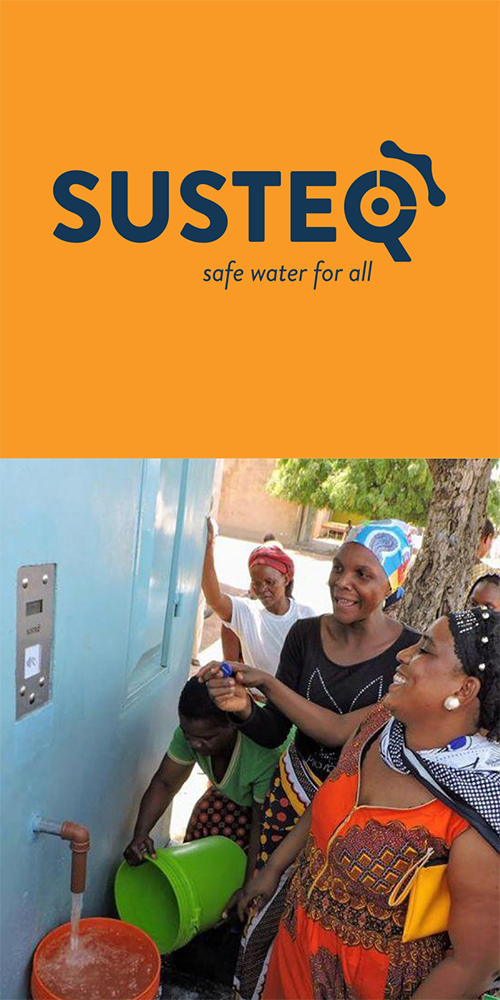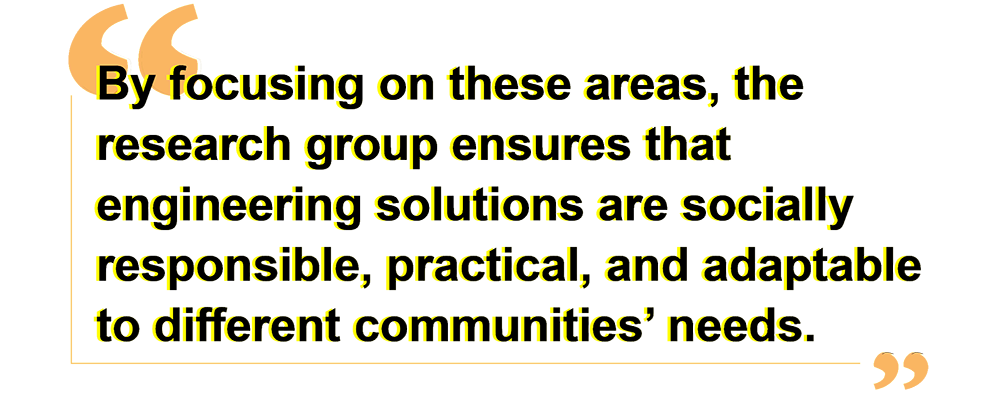MANUFACTURING BEYOND EFFICIENCY
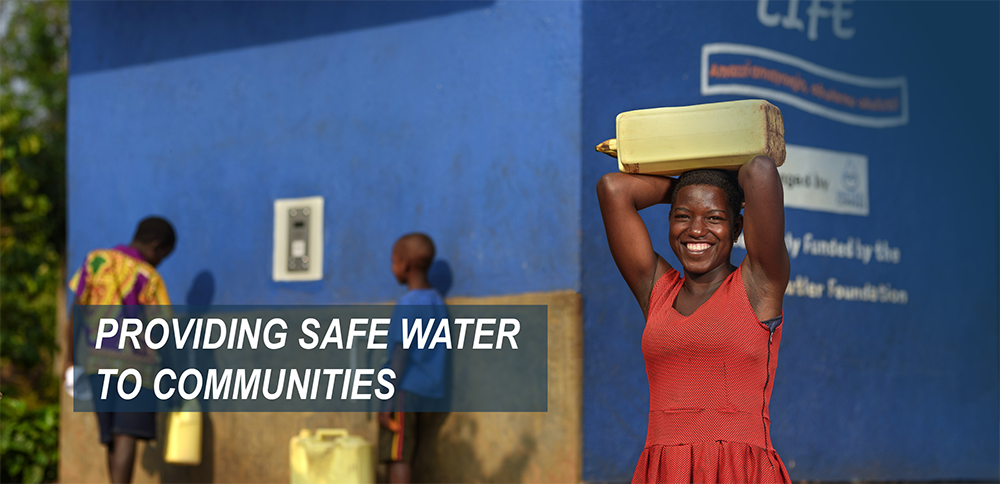
Access to safe water remains a critical challenge in many parts of the world, but innovative engineering solutions are making a difference. Efficient manufacturing is helping communities secure this essential resource in a way that is reliable, affordable, and sustainable. One example of this is the work of Susteq, a Dutch company based in Enschede, which develops prepaid water ATMs that improve water access for communities in need.
In many parts of Africa, households do not have direct access to piped water, making communal water collection an essential part of daily life. Susteq’s prepaid water ATM system provides a convenient, affordable, and reliable solution to this challenge. The system allows users to prepay for water through a local provider, whether a utility, municipality, or private enterprise.
The payment is then stored on an RFID token, which users simply tap against the dispenser to retrieve a measured amount of safe water. To ensure accessibility, payments can be made through cash, mobile money, or other digital methods, accommodating different financial situations.
Unlike traditional water kiosks, Susteq’s system is operational 24/7, allowing people to access water whenever they need it. Because the system increases water point usage and revenue stability, it helps maintain low, predictable water prices while ensuring long-term financial sustainability for service providers. Furthermore, real-time data monitoring enables authorities to track water usage, detect issues early, and perform proactive maintenance, improving uptime and overall efficiency.
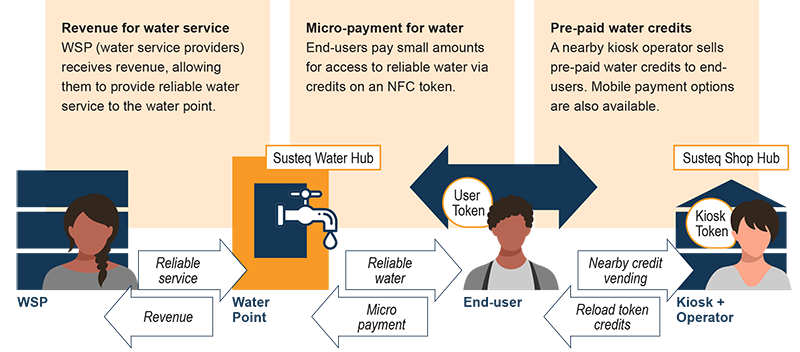
Founded in 2013, Susteq believes that everyone has the right to safe and reliable water. Their solution is a solar powered prepaid water ATM, installed at communal water points to ensure fair water distribution. The system operates on very little power (on average 2W), functions even without a mobile network, and includes a digital monitoring dashboard for local authorities and service providers.
The hardware is designed to withstand tough conditions and can dispense different amounts of water, from small household needs to large supplies for water trucks. It also features a pro-poor pricing model, allowing low-income users to receive free or discounted water. Susteq’s ISO 9001-certified system is developed in the Netherlands and manufactured in Europe, demonstrating how quality engineering can make a lasting impact in underserved regions.
Susteq’s system has been installed in 12 African countries, including Kenya, Tanzania, and Rwanda. Every day, more than 250,000 people receive over 1.2 million litres of safe water through 1,500 active units. The impact of this is far-reaching. Reliable access to water reduces health risks, helps children stay in school rather than spending hours collecting water, and strengthens local economies by making water supply more efficient.
By reducing non-revenue water loss, the system ensures that utilities can reinvest in infrastructure improvements. This approach allows communities to expand access and enhance water quality without relying on external aid.
Humanitarian Engineering: A Collaborative Approach
Ensuring long-term success in such projects requires more than just technology—it calls for thoughtful design, local engagement, and a deep understanding of social and economic factors.
The Humanitarian Engineering Research Group, at the University of Twente develops sustainable and inclusive engineering solutions for underserved regions. Their work combines technology with social responsibility, ensuring that engineering projects address both immediate and long-term community needs.
Last year, the Humanitarian Engineering Research group collaborated with Susteq on a student challenge related to SDG 6 (Clean Water and Sanitation), titled: SUSTAIN YOUR FLOW
Master Students of the course Introduction to Humanitarian Engineering coordinated by Dr. Alberto Martinetti and Nikola Nizamis were tasked with finding affordable solutions to the question:
How can utilities supply their communities with safe, affordable, and reliable water?
How can a prepaid communal water dispenser, such as the Susteq solution, be best applied to achieve this?
The results were inspiring, highlighting the potential of students to think creatively when tackling real-world societal challenges. This collaboration demonstrated how partnerships between universities and companies can lead to practical solutions for urgent global issues.
The Humanitarian Engineering Research Group at the University of Twente operates within the Department of Design, Production, and Management (DPM), focusing on three transdisciplinary domains:
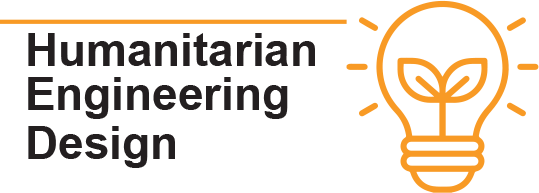
Developing sustainable technological interventions for resource-limited contexts.
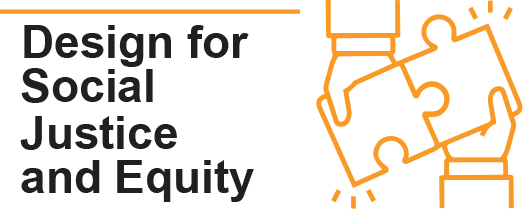
Creating inclusive solutions through stakeholder engagement, responsible technology adoption, and systems thinking.
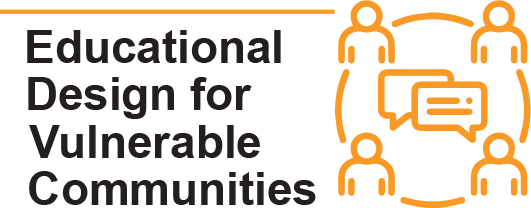
Using community-based and challenge-based learning to empower local populations.
By focusing on these areas, the research group ensures that engineering solutions are socially responsible, practical, and adaptable to different communities’ needs.
The collaboration between Susteq and the Humanitarian Engineering Research Group highlights how engineering and technology can solve humanitarian By focusing on these areas, the research group ensures that engineering solutions are socially responsible, practical, and adaptable to different communities’ needs. challenges. Their work supports Sustainable Development Goal (SDG) 6: Clean Water and Sanitation, showing that practical innovations, when designed with social responsibility in mind, can make a lasting difference.
The Key to Susteq’s Success
Susteq’s success is built on advanced manufacturing techniques that allow for efficient production, long-term durability,
and cost-effective scaling. The manufacturing process includes:

Smart material selection to withstand extreme environments

Automation to ensure consistent quality and efficiency

IoT-enabled monitoring for predictive maintenance and system optimisation
These techniques help keep costs low, reliability high, and maintenance easy, which is crucial for long-term water accessibility in remote regions. As technology continues to evolve, incorporating AI, automation, and smart monitoring into water infrastructure will improve efficiency, reduce costs, and expand access. With continued collaboration and innovation, engineering will remain a key tool in addressing global water challenges.
Susteq’s engineering-driven solutions are transforming safe water accessibility in underserved regions. By combining advanced manufacturing, smart technology, and social responsibility, the company sets an example of how engineering can change lives. With continued research, collaboration, and innovation, solutions like these will play an important role in solving global water challenges for future generations.
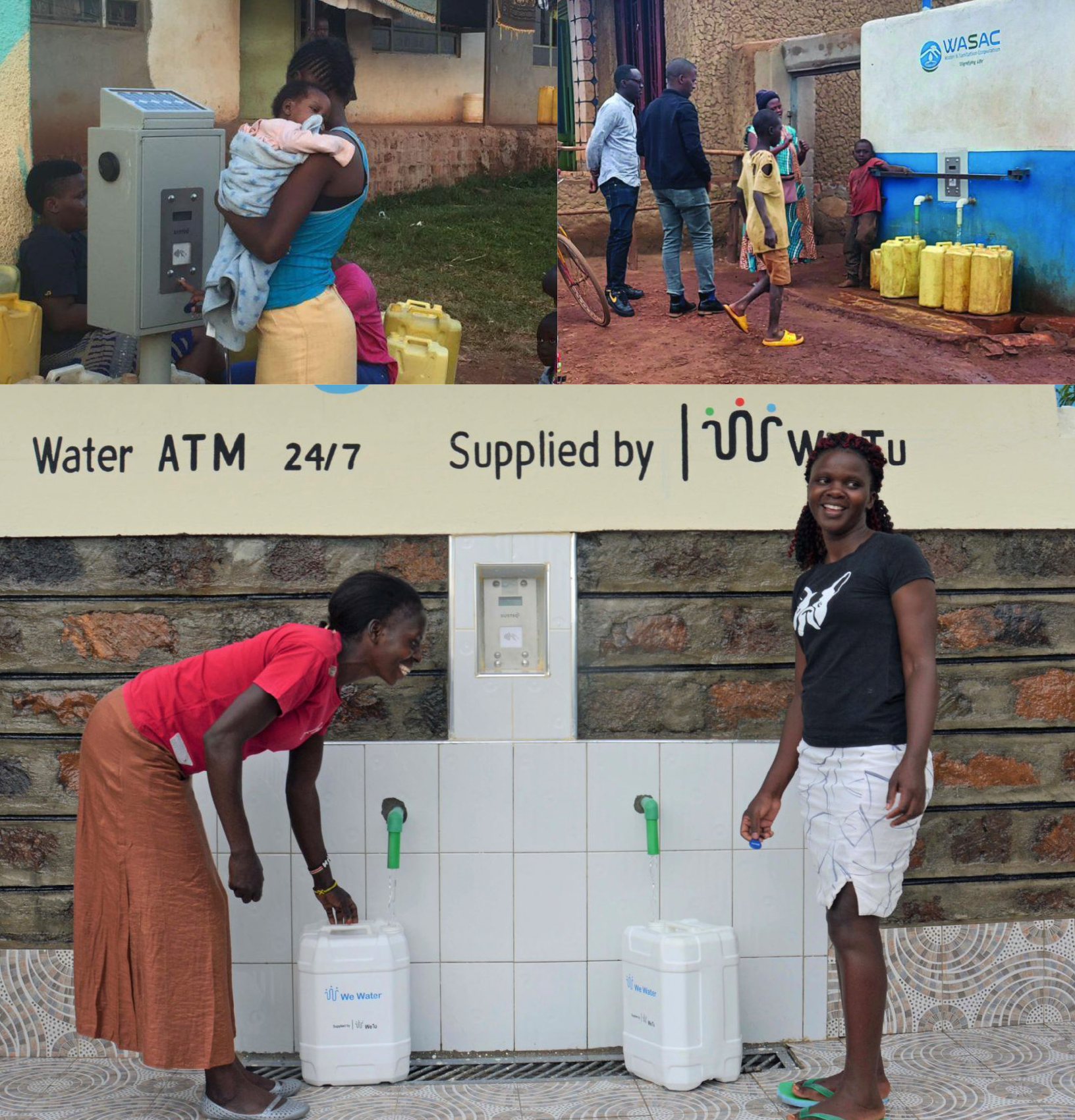
About Susteq
Susteq is a social enterprise dedicated to making safe water accessible and affordable for all. Based in Enschede, the Netherlands, Susteq develops prepaid water ATM systems that allow local water suppliers to deliver water efficiently and sustainably. The company’s focus is on smart water distribution, ensuring that even the most remote and economically disadvantaged communities have access to safe drinking water. With over 1,500 units installed across 12 African countries, Susteq’s technology currently supplies more than 250,000 people per day with over 1.2 million litres of safe drinking water. Their innovative prepaid system allows customers to access water through an easy to-use payment model, preventing water wastage and ensuring fair distribution.
By working with governments, NGOs, and local water authorities, Susteq provides long-term technical support and expertise to help communities build and maintain their own sustainable water networks. As they continue to expand, Susteq remains committed to ensuring that safe drinking water is not a privilege but a universal right.
